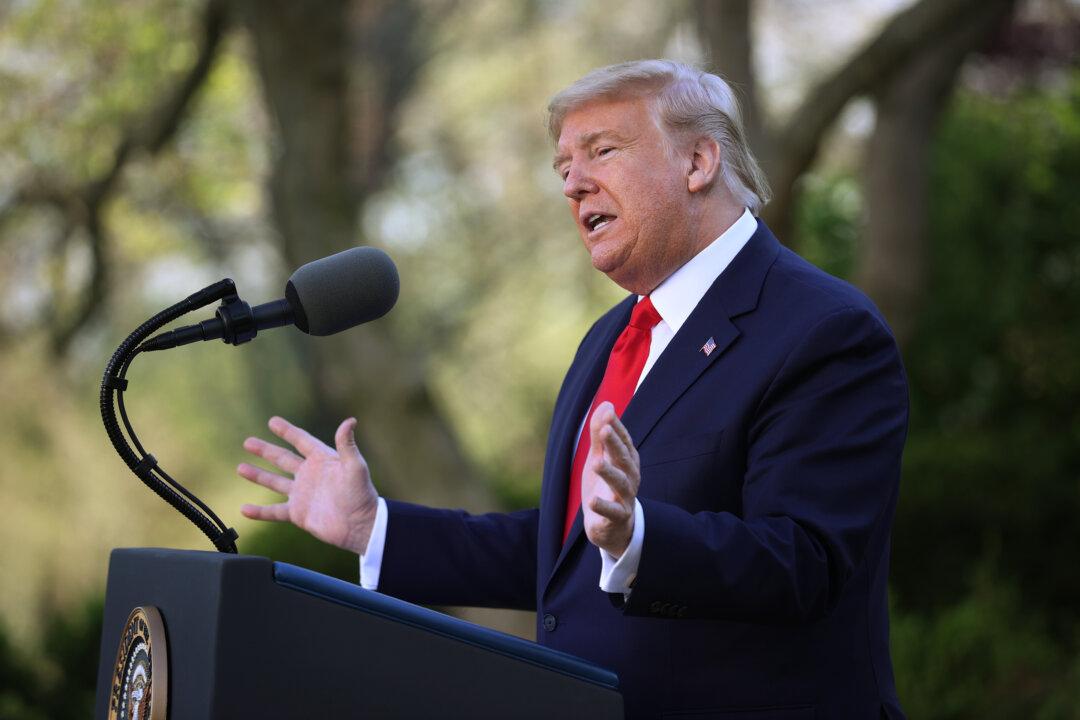Commentary
Few today remember the ancient Roman general Lucius Quinctius Cincinnatus, but now is as good a time as any to learn a lesson from him about leadership and the proper handling of power.

Few today remember the ancient Roman general Lucius Quinctius Cincinnatus, but now is as good a time as any to learn a lesson from him about leadership and the proper handling of power.